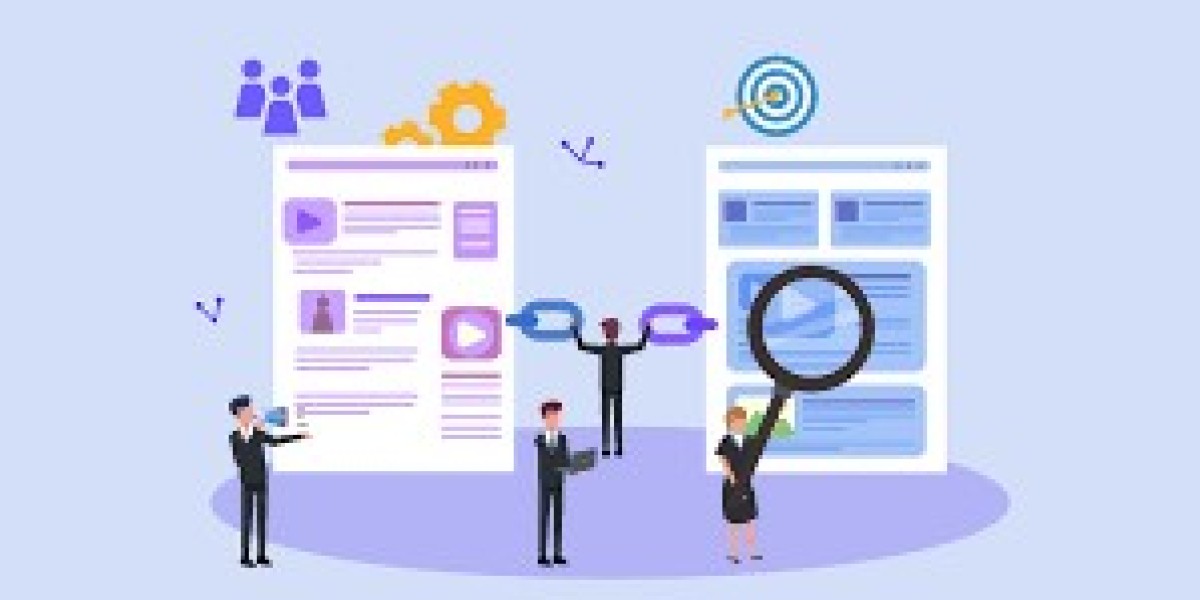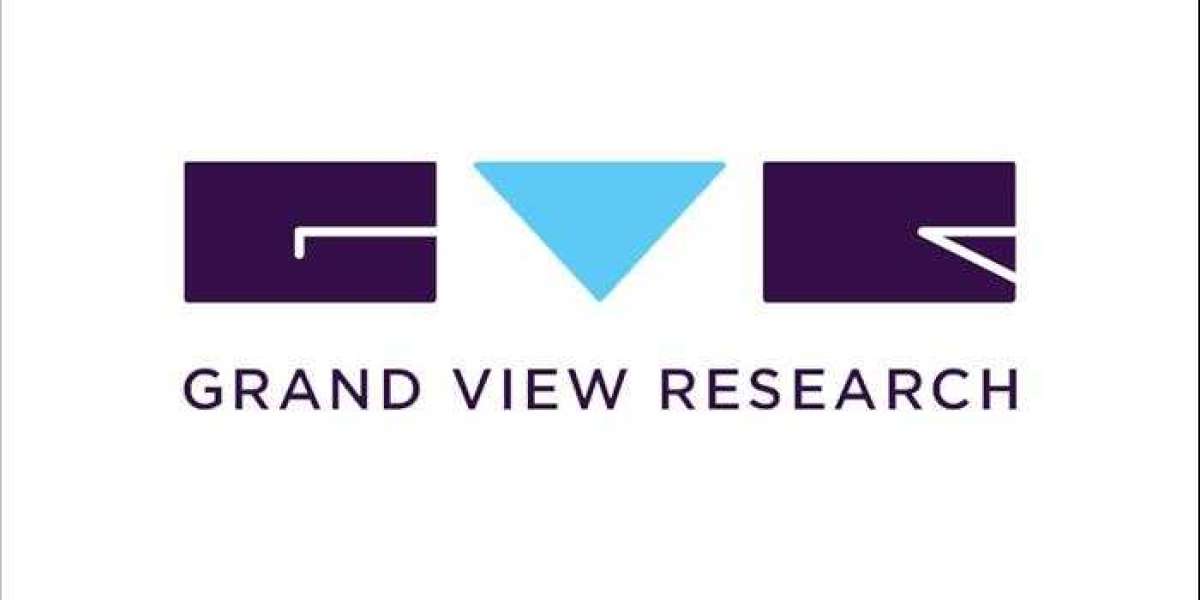Small business owners are a vital part of the economy, creating jobs, and providing valuable goods and services to their communities. However, one of the challenges they face is managing their taxes. Tax laws can be complex and confusing, and failing to comply with them can result in fines, penalties, or even legal action. In this blog post, we will provide some helpful tips for small business owners on how to manage their taxes and minimize their tax liability.
1. Keep Accurate Records
Keeping accurate records is essential for small business owners who want to manage their taxes effectively. You need to maintain records of your income, expenses, receipts, invoices, and bank statements. This information will help you prepare your tax returns, track your deductible expenses, and identify areas where you can save money.
2. Understand Your Tax Obligations
As a small business owner, you need to understand your tax obligations. This includes knowing which taxes you are required to pay when they are due, and how to file your tax returns. Some of the taxes you may need to pay to include federal income tax, state income tax, sales tax, payroll tax, and self-employment tax.
3. Take Advantage of Tax Deductions
Small business owners can take advantage of several tax deductions that can help them minimize their tax liability. Some of the deductions you may be eligible for include:
a) Home office deduction: If you work from home, you may be able to deduct a portion of your home expenses, such as rent, utilities, and insurance, as a business expense.
b) Business expenses: You can deduct expenses that are necessary and ordinary for your business, such as office supplies, travel expenses, and advertising costs.
c) Retirement contributions: You can deduct contributions to a retirement plan, such as a 401(k) or IRA.
4. Hire a Tax Professional
Managing your taxes can be a time-consuming and complex process. Hiring a tax professional can help you navigate the tax code and ensure that you are complying with all applicable tax laws. A tax professional can also help you identify areas where you can save money and maximize your tax deductions.
5. Plan Ahead
Tax planning is an essential part of managing your taxes. By planning ahead, you can take advantage of tax-saving opportunities and minimize your tax liability. Some tax planning strategies you may want to consider include:
a) Timing your income and expenses: You can time your income and expenses to minimize your tax liability. For example, you can defer income until the next tax year or accelerate expenses to reduce your taxable income.
b) Establishing a retirement plan: Setting up a retirement plan, such as a 401(k) or IRA, can help you reduce your taxable income and save for retirement.
c) Taking advantage of tax credits: Tax credits can help you reduce your tax liability dollar-for-dollar. Some tax credits you may be eligible for include the Earned Income Tax Credit, the Child Tax Credit, and the Small Business Health Care Tax Credit.
6. Separate Your Business and Personal Expenses
It's crucial to separate your business and personal expenses. Mixing your personal and business expenses can make it challenging to track your deductible expenses accurately. It can also lead to errors and mistakes when filing your tax returns. Having a separate business bank account and credit card can help you keep track of your business expenses and simplify your bookkeeping.
7. Stay Up-to-Date on Tax Laws
Tax laws can change frequently, and it's essential to stay up-to-date on any changes that may affect your business. For example, the Tax Cuts and Jobs Act of 2017 introduced several changes to the tax code, such as a lower corporate tax rate, a newly qualified business income deduction for pass-through entities, and changes to the deductibility of business meals and entertainment expenses. Staying up-to-date on these changes can help you plan and prepare for your taxes effectively.
8. File Your Taxes on Time
Filing your taxes on time is crucial to avoid penalties and fines. The due date for your tax returns may vary depending on the type of business entity you have and your tax obligations. For example, the due date for federal income tax returns for sole proprietors and single-member LLCs is April 15th, while the due date for S corporations and partnerships is March 15th. Failing to file your tax returns on time can result in penalties, interest, and even legal action.
9. Use Tax Software
Using tax software can help you streamline your tax preparation process and simplify your bookkeeping. Tax software can help you track your income and expenses, calculate your deductions, and prepare your tax returns accurately. Many tax software programs also offer tax planning tools that can help you identify tax-saving opportunities and minimize your tax liability.
10. Be Prepared for an Audit
Small business owners are sometimes audited by the IRS to ensure that they are complying with tax laws. Being prepared for an audit can help you avoid penalties and fines. Some of the things you can do to prepare for an audit include:
- Keep accurate and complete records of your income and expenses
- Respond to the audit notice promptly
- Gather all the necessary documents and information requested by the IRS
- Consider hiring a tax professional to represent you during the audit
In conclusion, managing your taxes is an essential part of running a small business. By keeping accurate records, understanding your tax obligations, taking advantage of tax deductions, hiring a tax professional, and planning ahead, you can minimize your tax liability and keep more of your hard-earned money. If you need help with tax planning and reputable tax preparation services company like Jmincometax. With our expertise in business accounting and taxation, We can help you navigate the tax code and ensure that you are in compliance with all applicable tax laws.
By following these tips, small business owners can manage their taxes effectively and minimize their tax liability.








